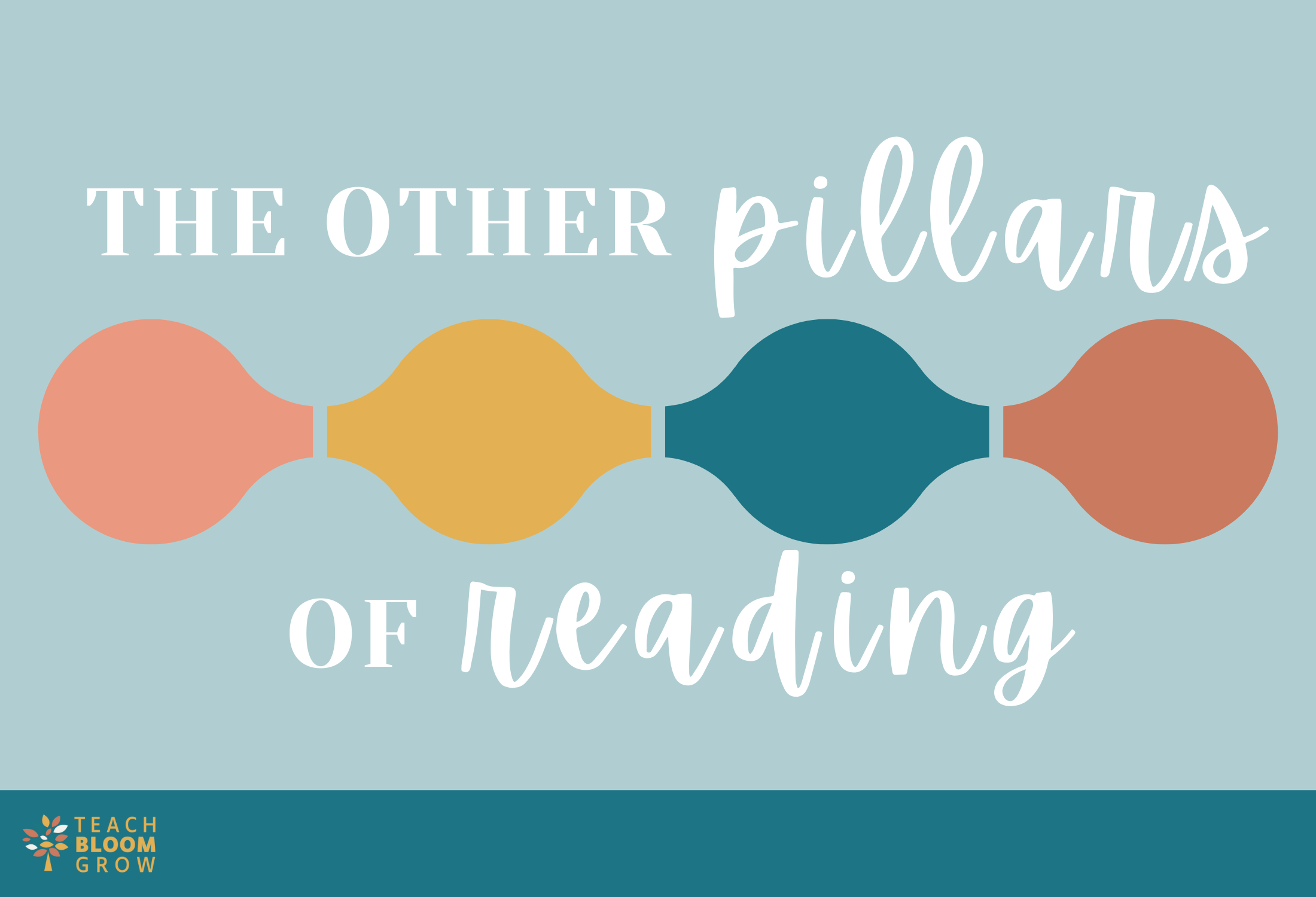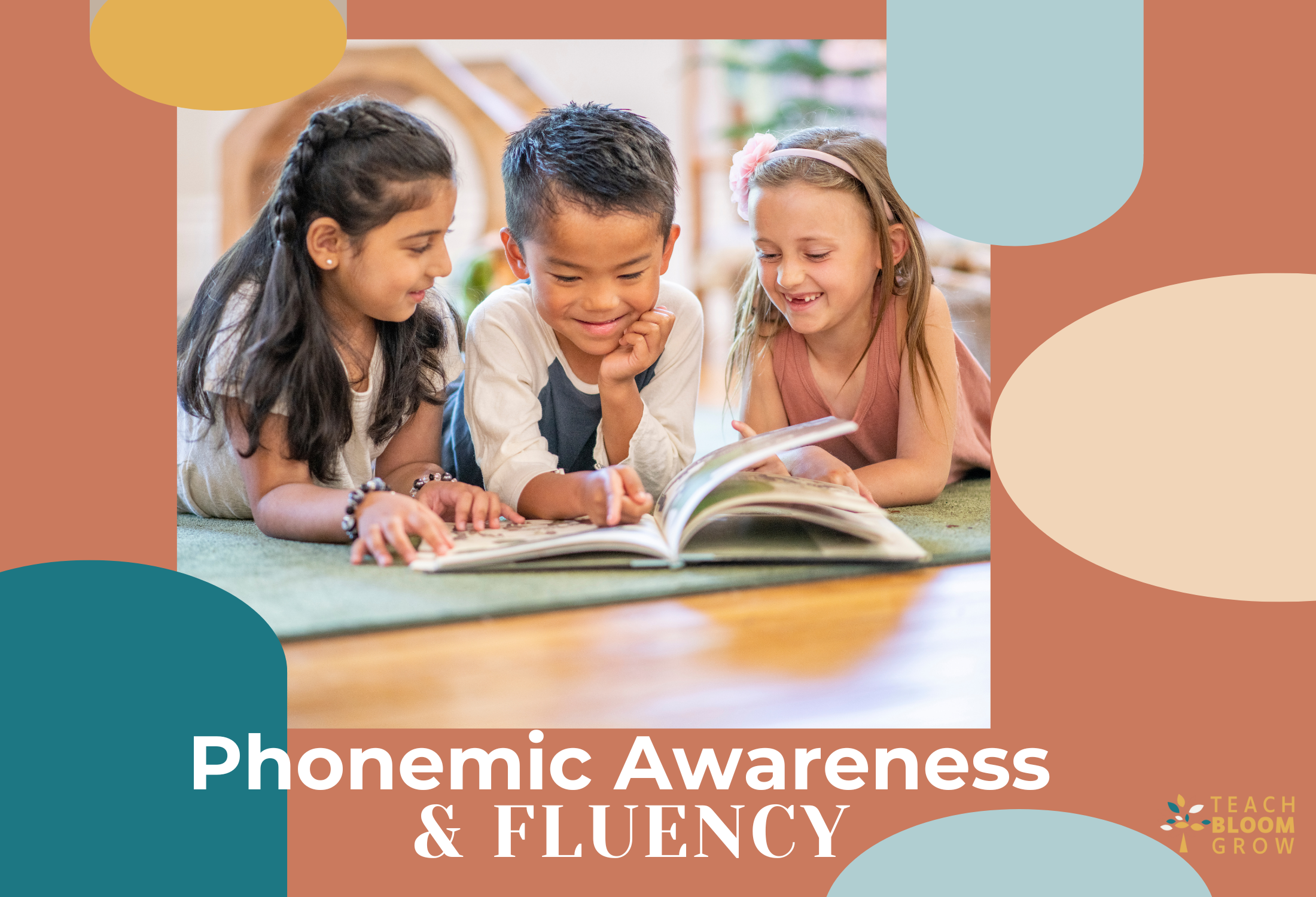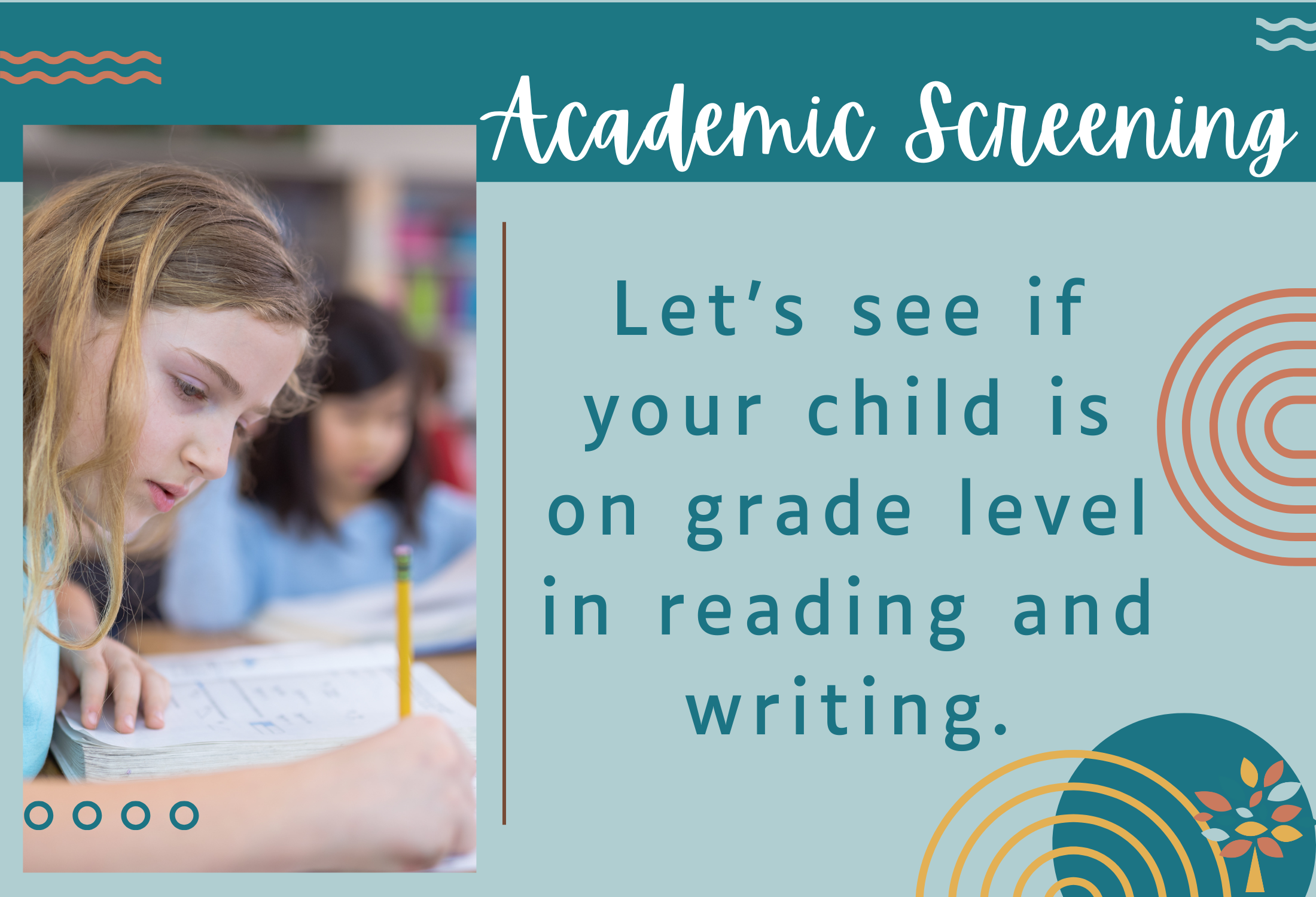The Other Pillars of Reading
Educators work tirelessly to create lessons that make a significant impact on students. They want students to show growth, gain confidence, and love learning. Thankfully, studies and research help show the best ways to do this. For reading instruction, the Science of Reading transformed teaching and learning. While we’ve studied some essential components, such as phonics, it is now time to explore the other pillars of reading. By understanding each component, educators can create truly inspiring and powerful learning.
The Pillars of Reading
The pillars are the key components or essential skills that support learning to read effectively. These aspects are the foundation for reading and comprehending. Phonemic awareness, phonics, fluency, vocabulary, and comprehension all must work together. By teaching students about each aspect, they can become skilled and confident readers.
Phonemic Awareness
Phonemic awareness is crucial when teaching elementary students to read because it lays the foundation for all other reading skills. It refers to the ability to hear, identify, and manipulate individual sounds (phonemes) in spoken words.
Foundation: If students can't identify and manipulate sounds in words, they will struggle with understanding the alphabetic principle (that letters represent sounds). Phonemic awareness helps children connect their sounds to the written letters they see, which is crucial for decoding (sounding out) words.
Word Recognition: By understanding how sounds fit together to form words, students can begin to recognize words more quickly and accurately. Phonemic awareness helps them break down words into manageable parts, improving their ability to read words by sight and decode unfamiliar ones.
Enhances Spelling and Writing Skills: Phonemic awareness is linked to spelling because it helps students break words into individual sounds and translate them into written form. When students can hear and manipulate sounds, they can apply that knowledge to spell words correctly and enhance their writing abilities.
Supports Vocabulary Development: Phonemic awareness helps children recognize the different sounds within words, enabling them to better understand and remember new words. It also supports the development of reading fluency and comprehension, as students can decode and understand more words, broadening their vocabulary.
Be sure to check out the FREE FREE Writing Graphic Organizer! Once students are ready to begin writing, this organizer is incredibly helpful.
Fluency
When examining the other pillars of reading, fluency is essential! This refers to the ability to read text smoothly, accurately, and with expression.
Improves Reading Comprehension: Fluency is closely linked to reading comprehension. Fluent readers recognize words automatically, allowing them to focus their mental energy on understanding the meaning of the text rather than decoding each word. This will enable them to absorb the content, make connections, and think critically about their reading.
Increases Reading Speed: Fluent readers can read at an appropriate speed, contributing to their overall efficiency and enjoyment of reading. When students are fluent, they can cover more material in less time without sacrificing understanding. This is essential as students progress through more complex texts in their academic journey.
Promotes Confidence and Motivation: Students who read fluently feel more confident in their abilities, which motivates them to read more. Struggling readers who find themselves consistently stumbling over words may become frustrated or disheartened, leading to a lack of motivation.
Builds Cognitive Resources for Higher-Order Thinking: Fluent readers free up cognitive resources because they don't have to focus on basic reading skills. This enables them to focus on higher-order thinking skills, such as synthesizing information, making inferences, and analyzing text.
Literacy Support
Our literacy tutoring works for students with dyslexia as well as students who are struggling with reading and writing and falling below grade level. Be sure to reach out for a Free Consultation to see how your child is doing in reading and writing. You’ll be able to see if they are on grade level, identify their strengths, and set up a calendar of sessions.
Reading and writing are skills students will use throughout their entire lives. Thankfully, studying the other pillars of reading will ensure students are set up for success.
If you do not want to miss any of the upcoming lessons, join my email list to be notified of all the interactive lessons coming up! By joining the email list, you will receive freebies for blog exclusive subscribers!



